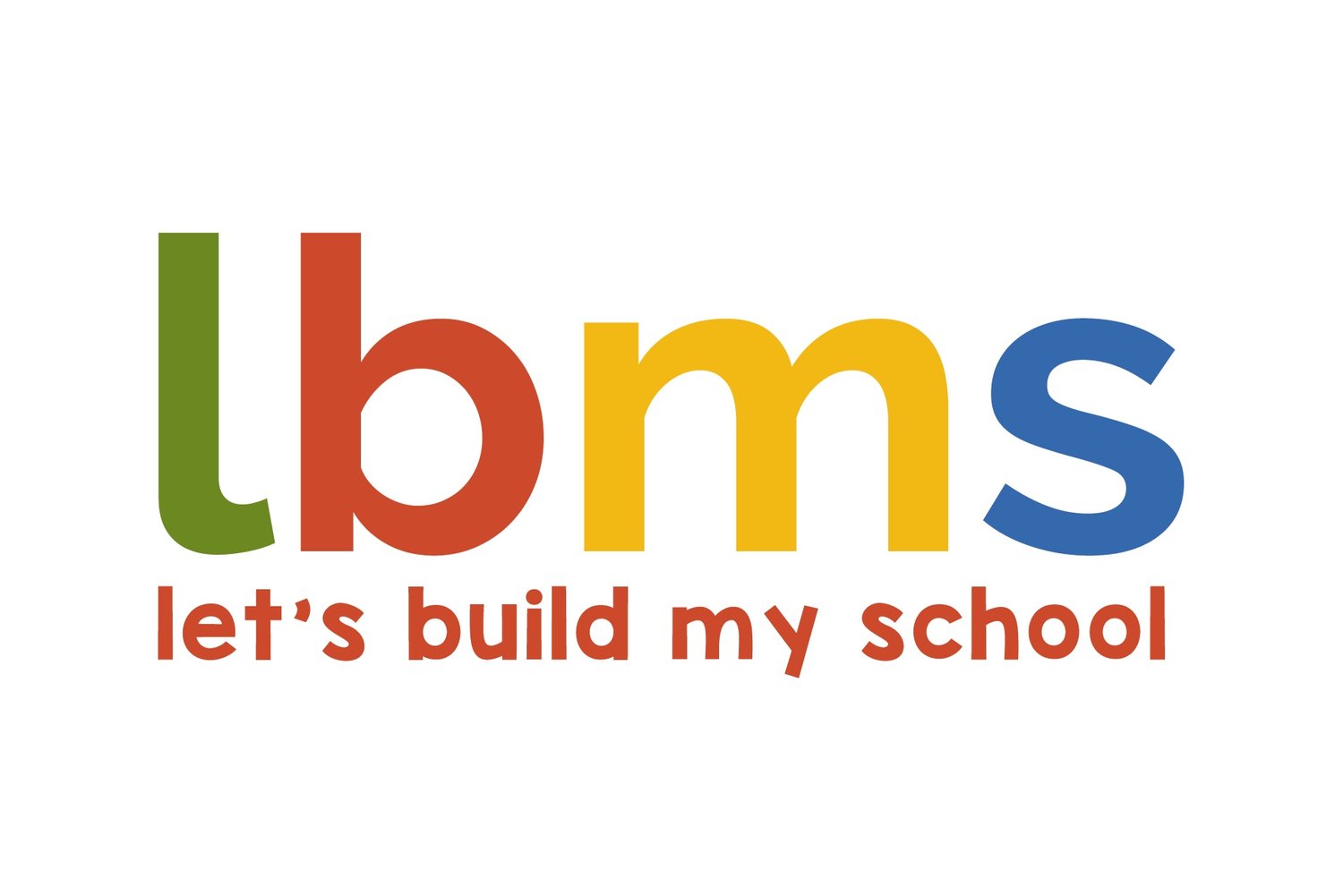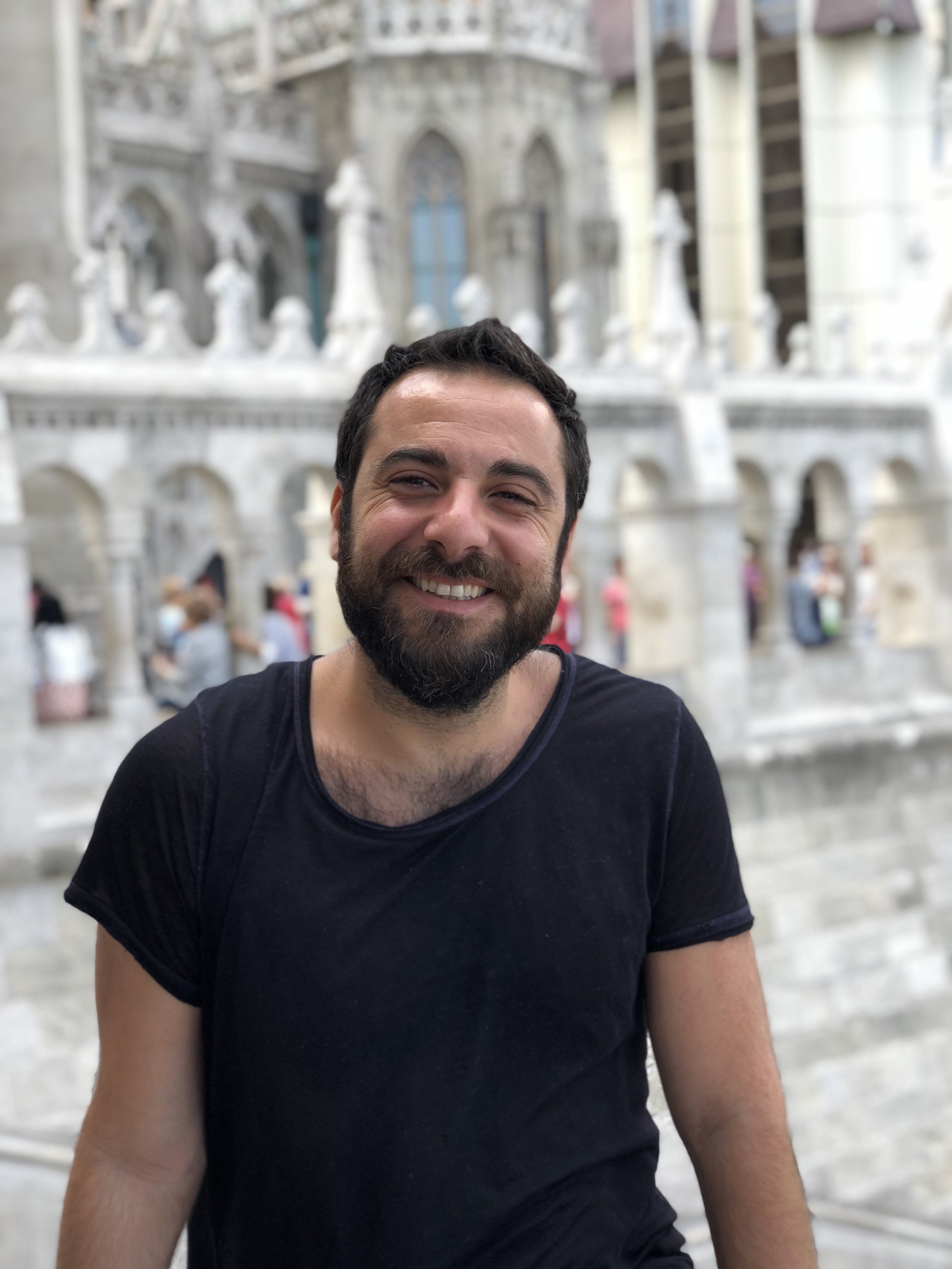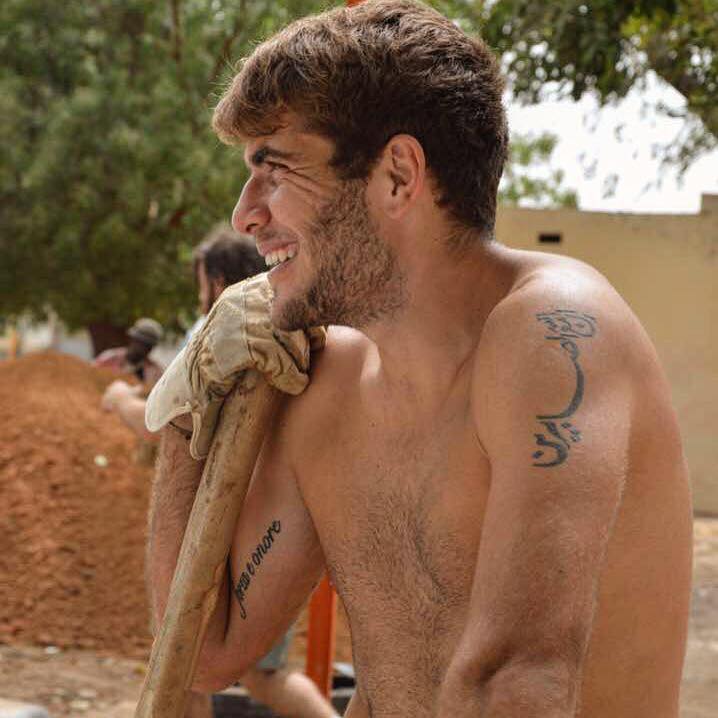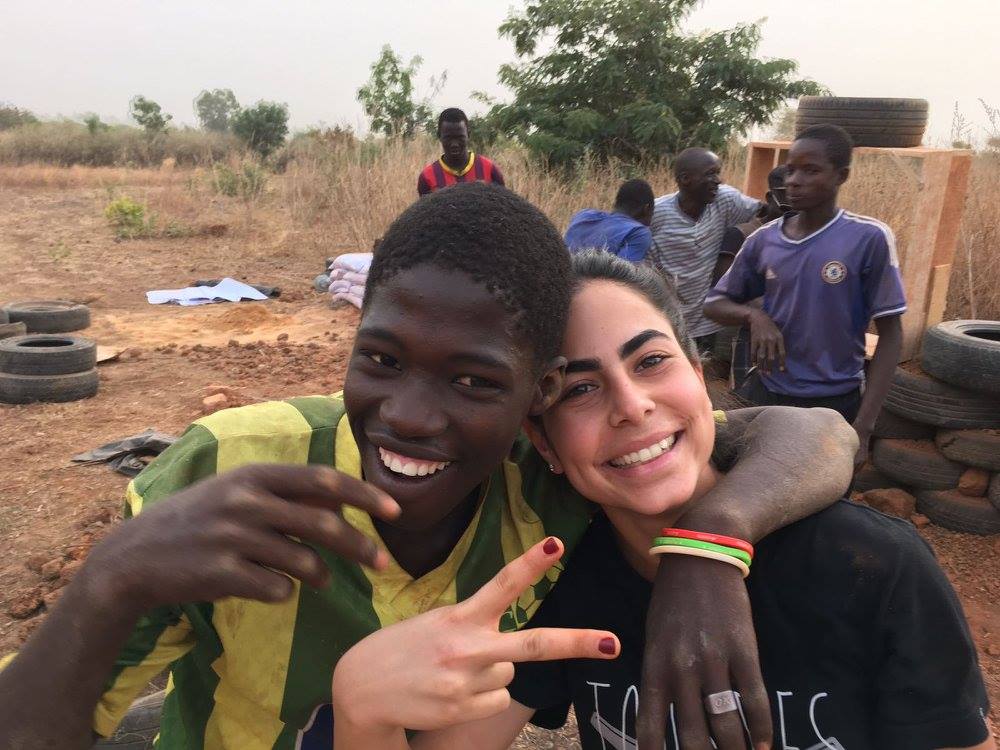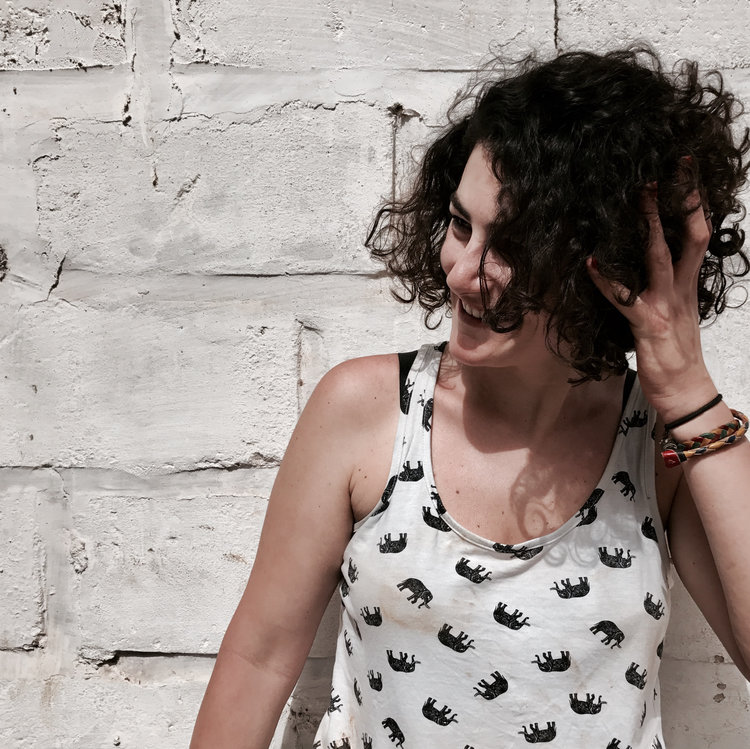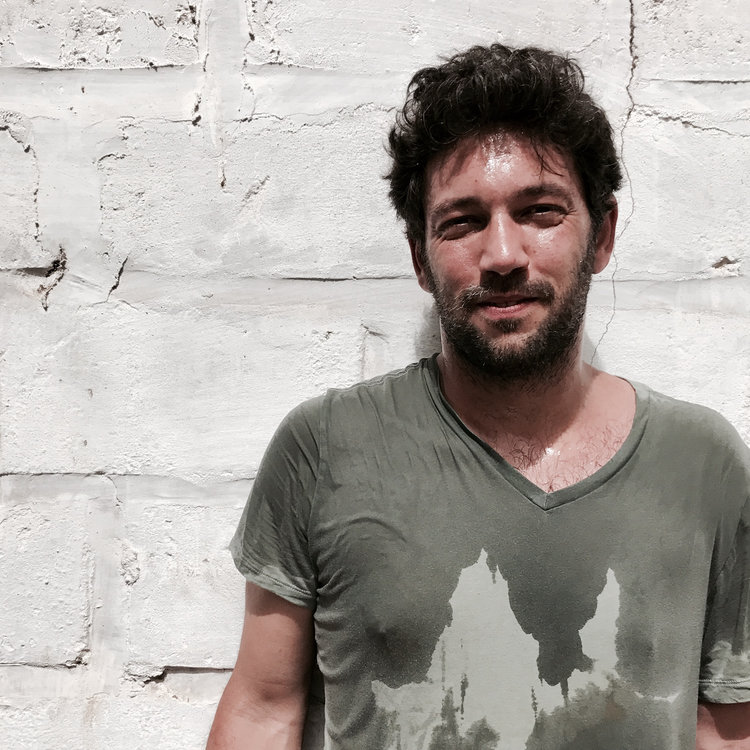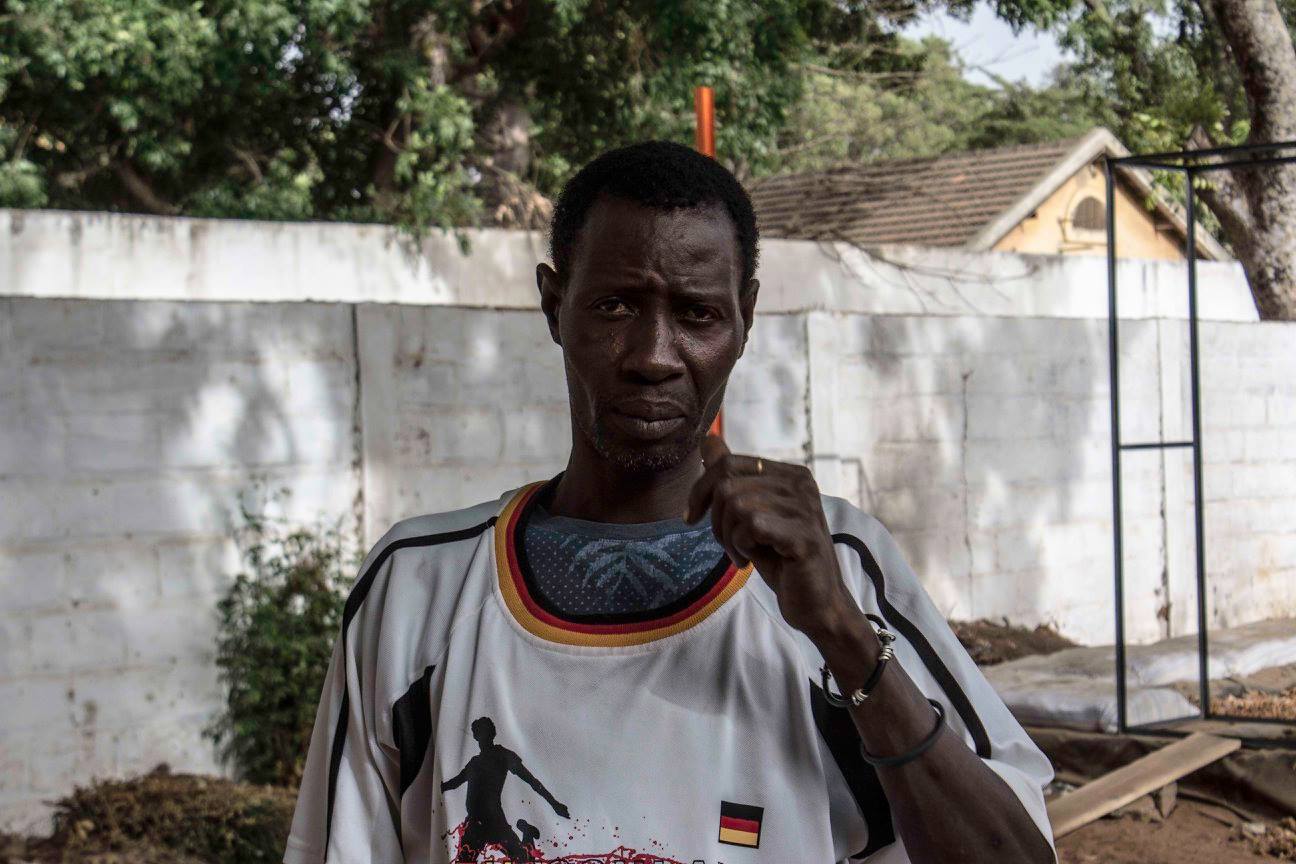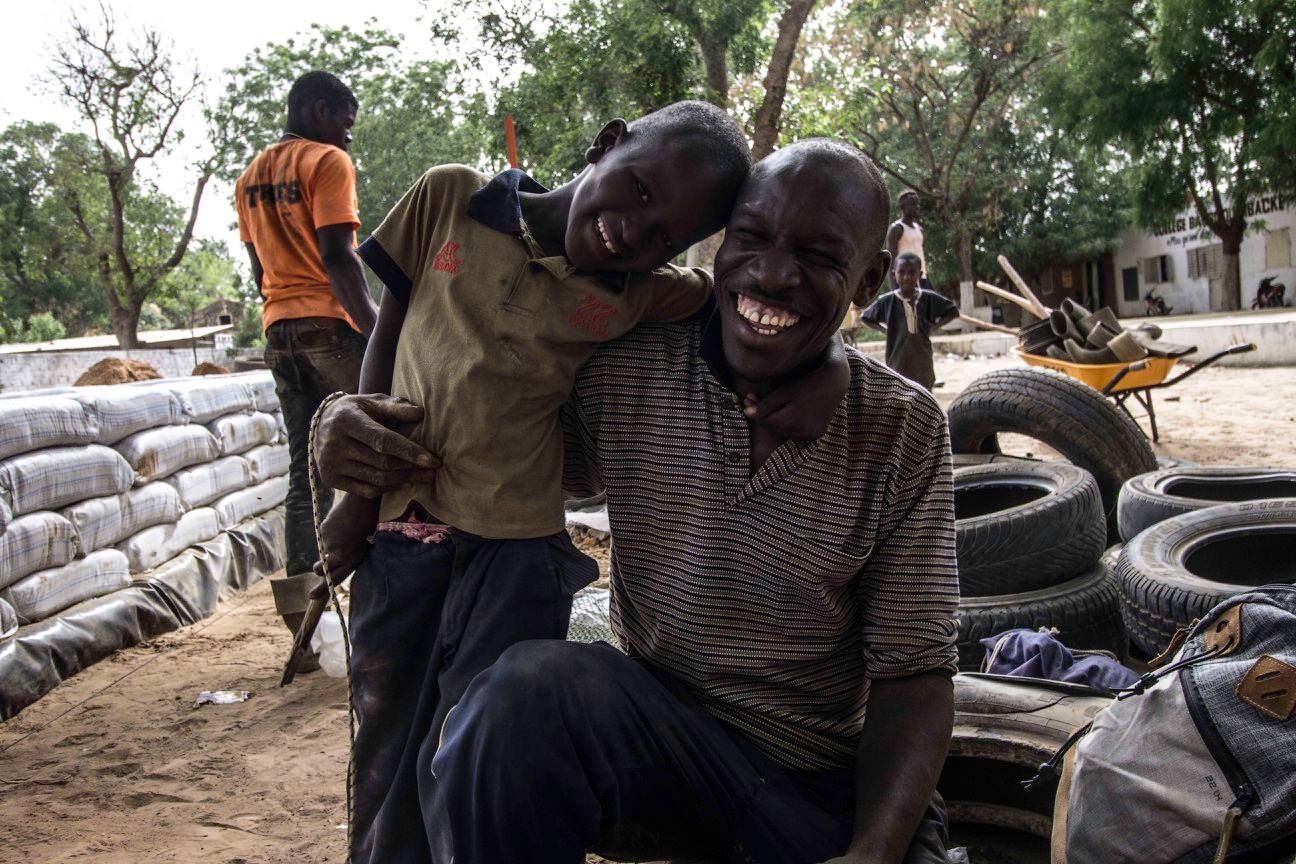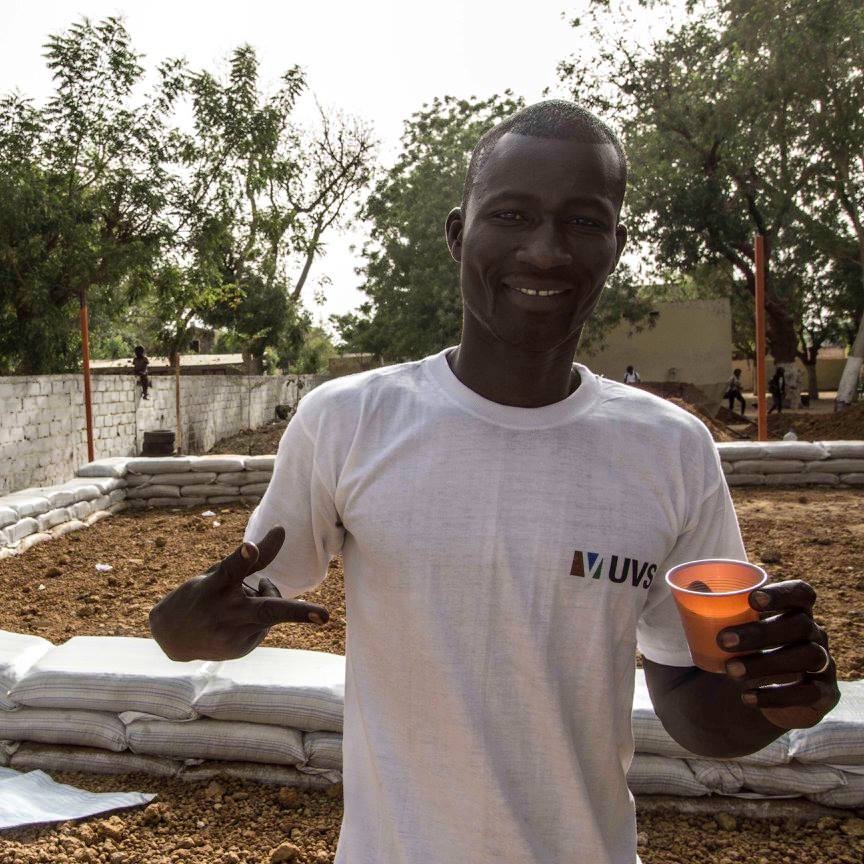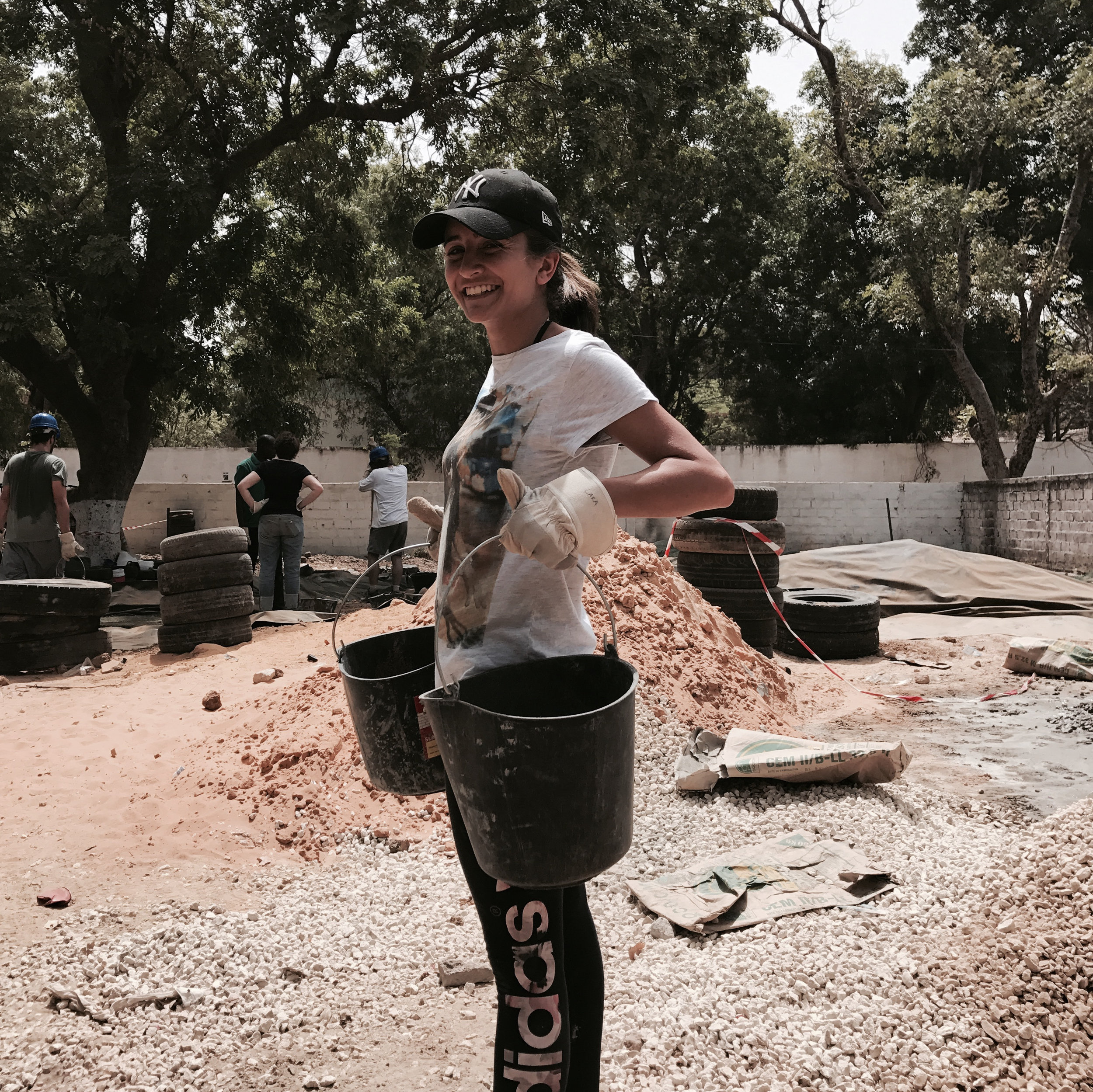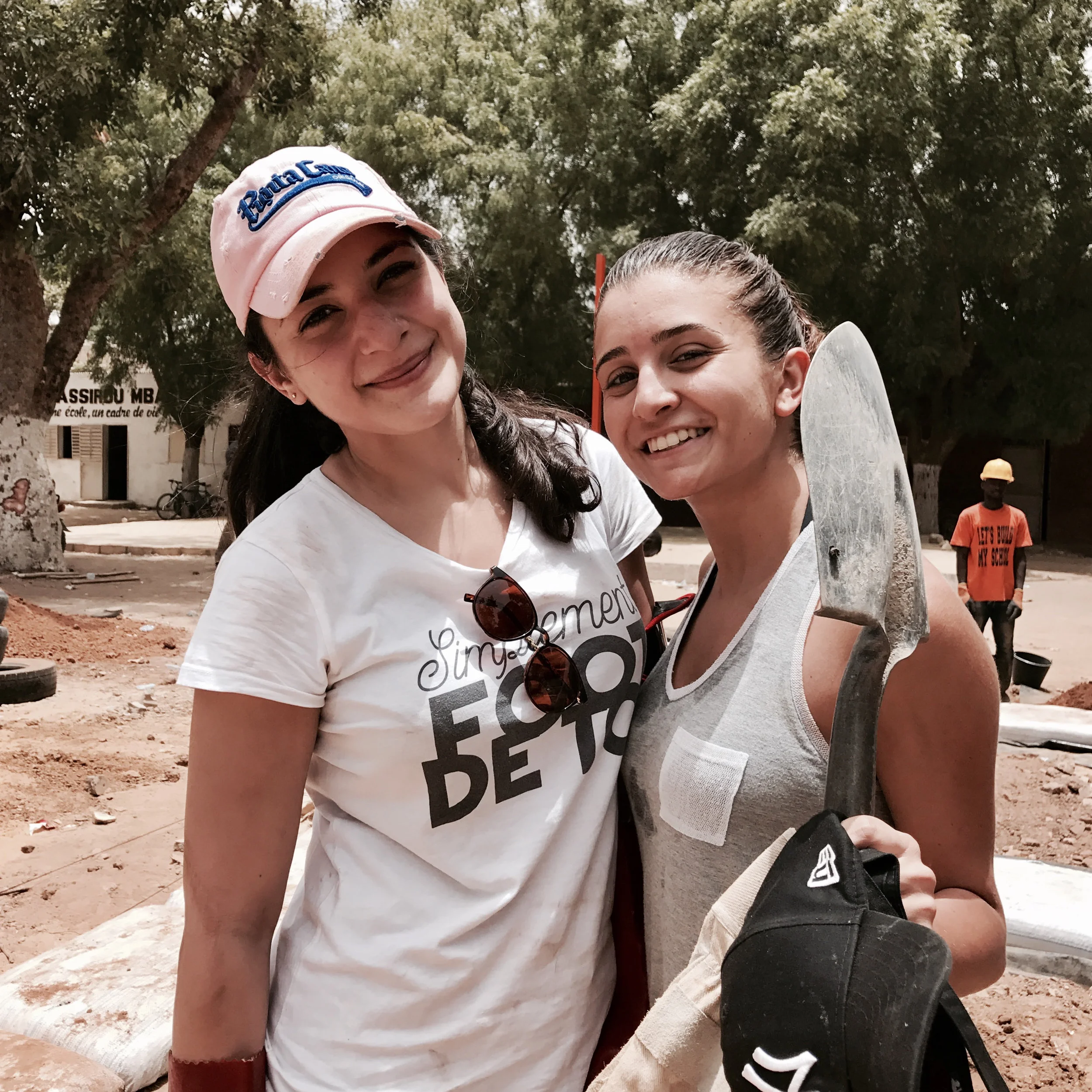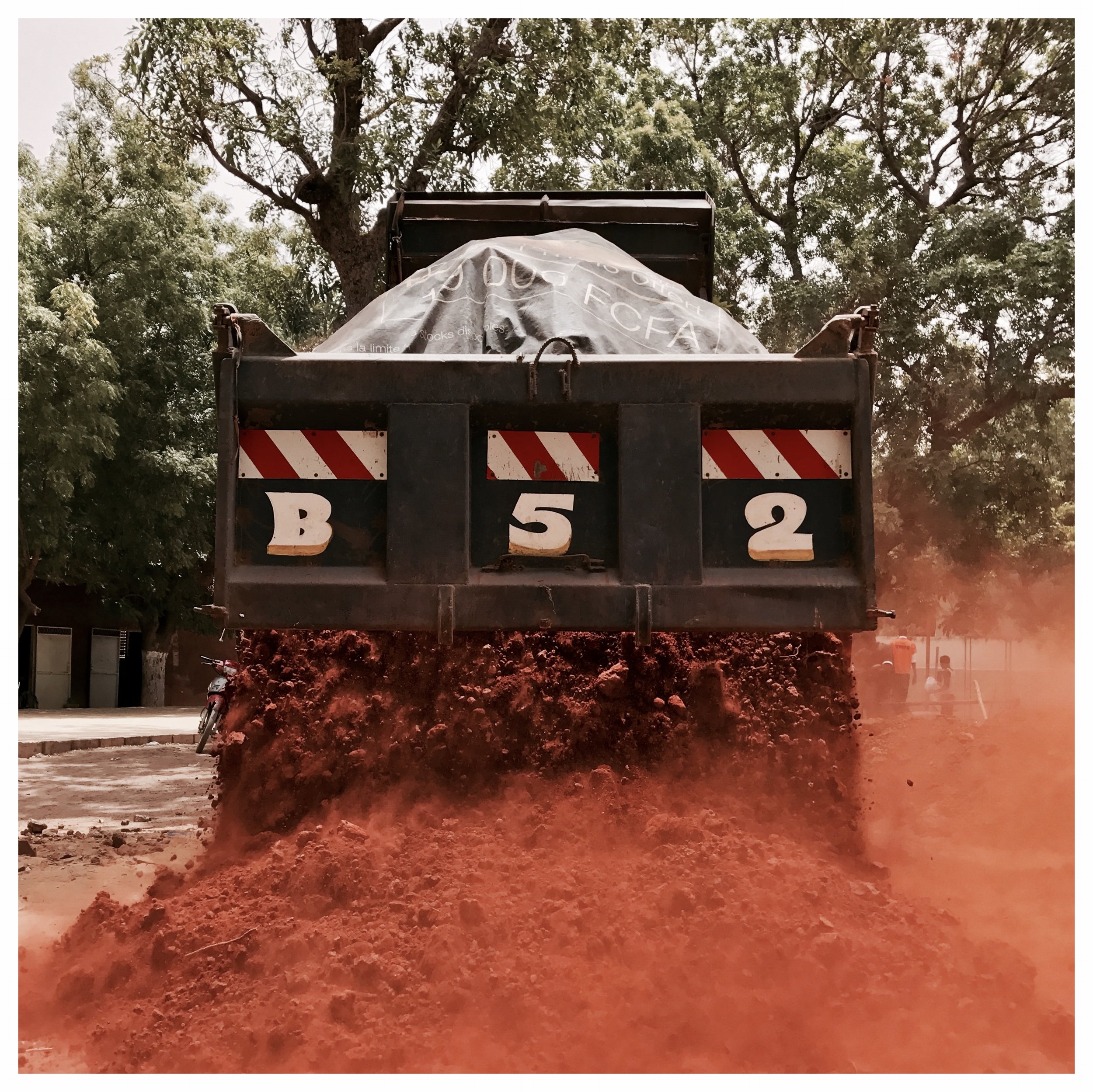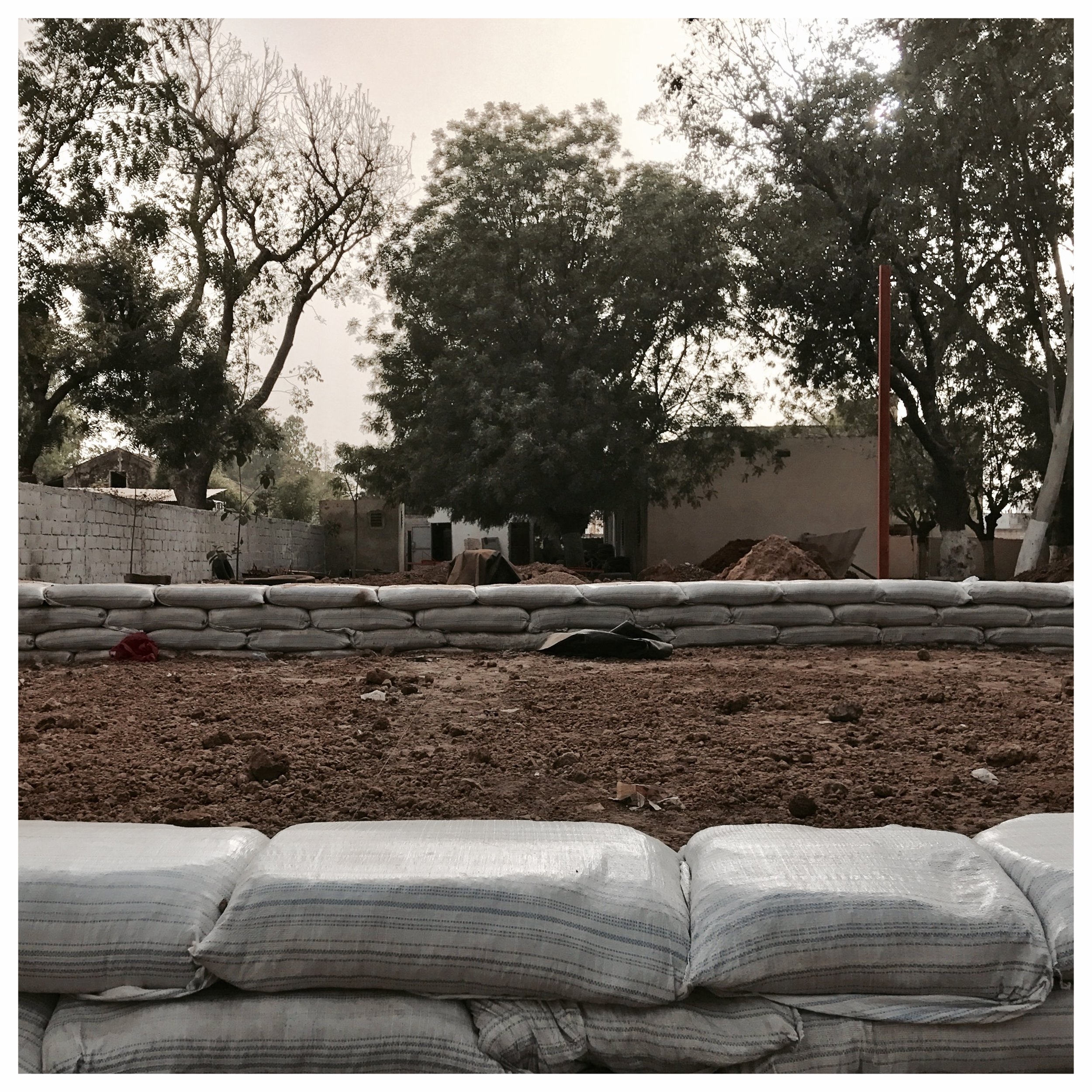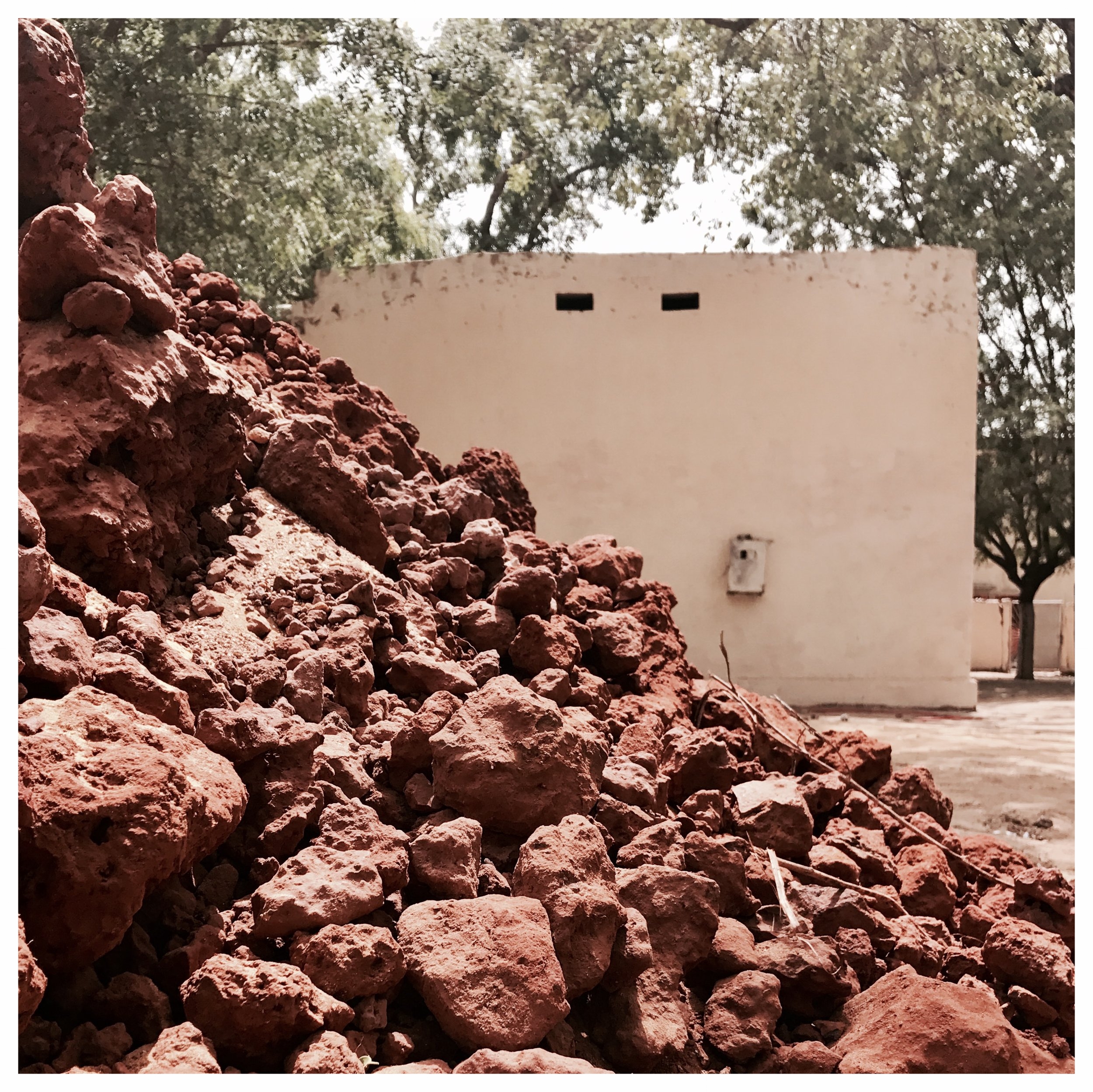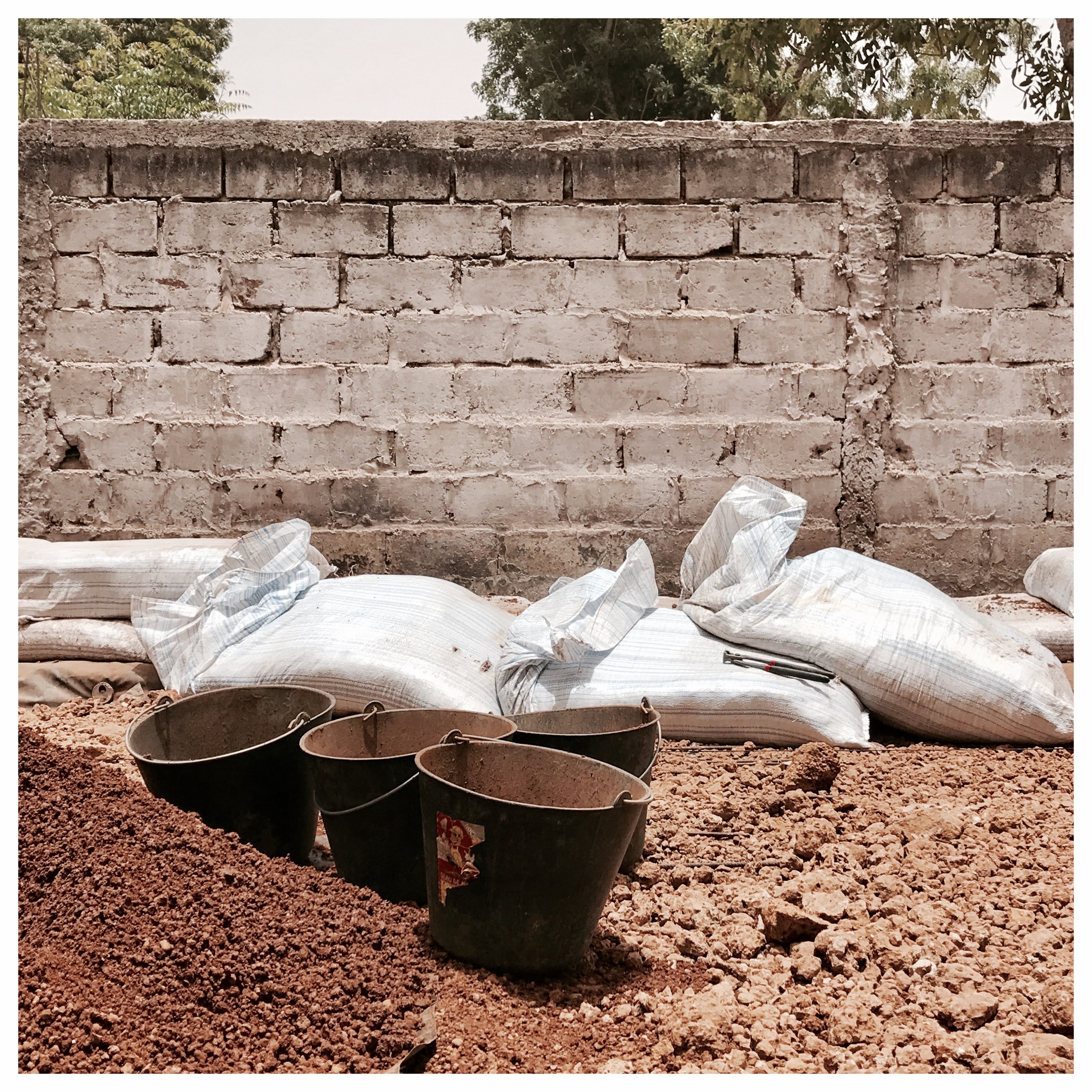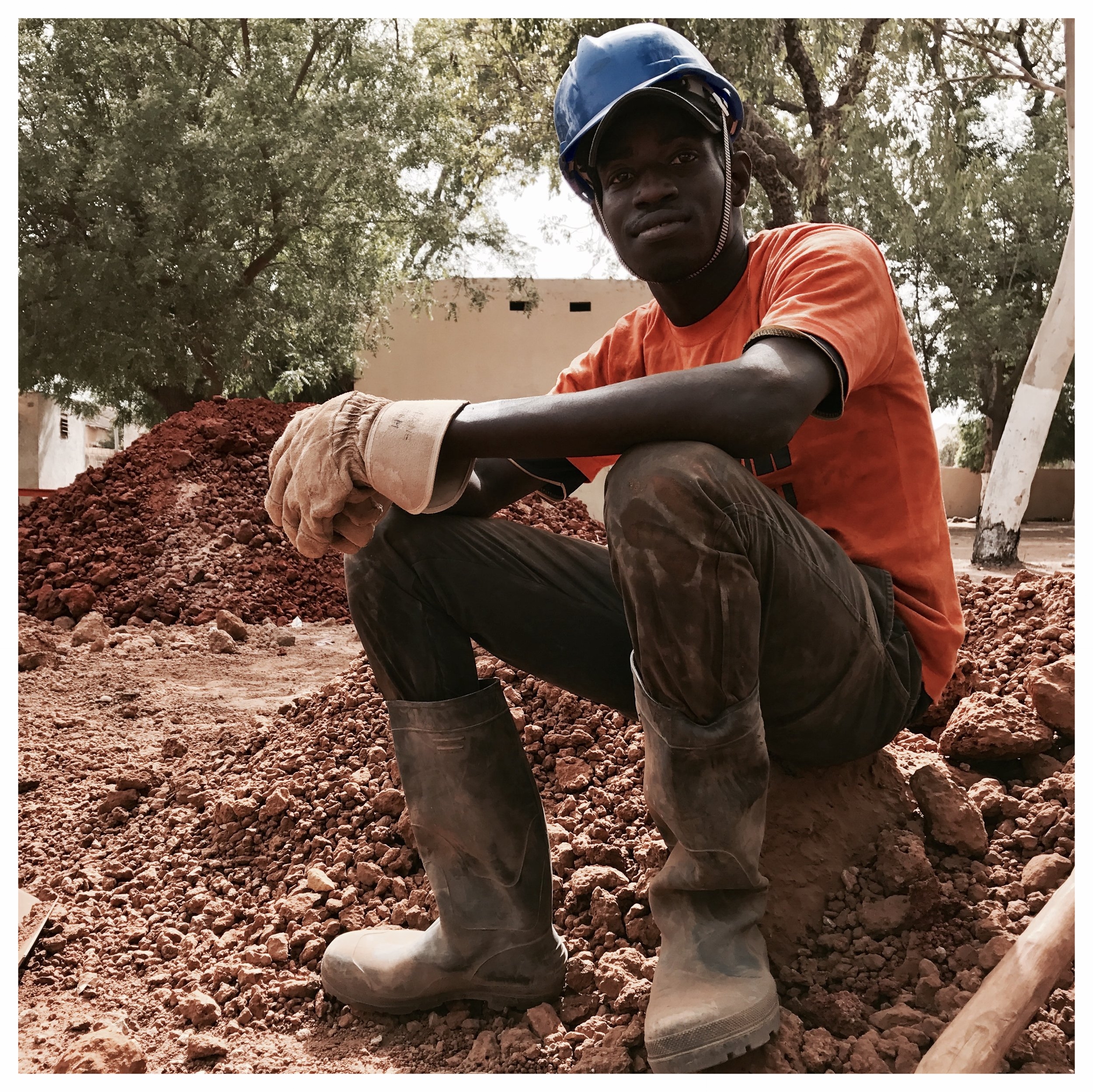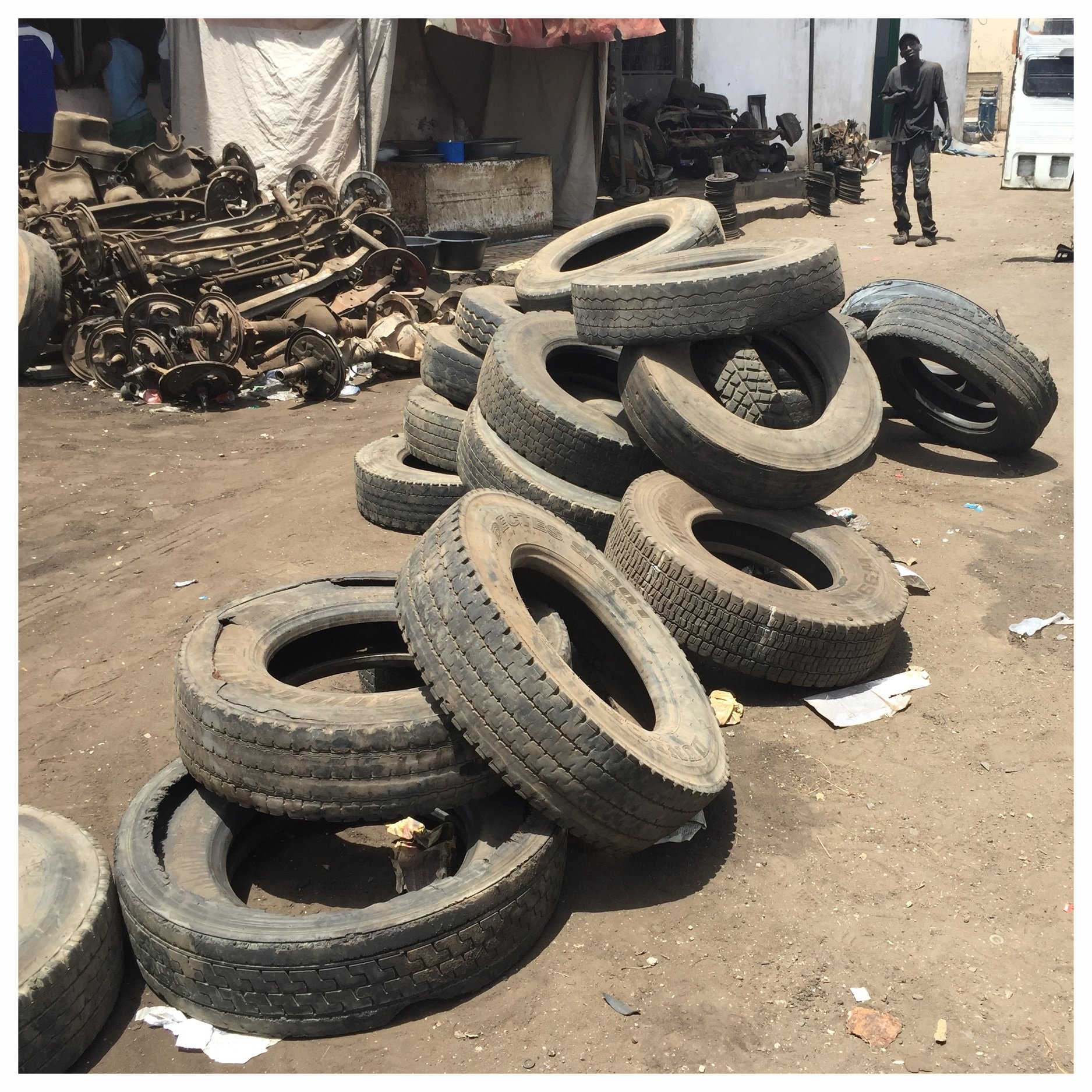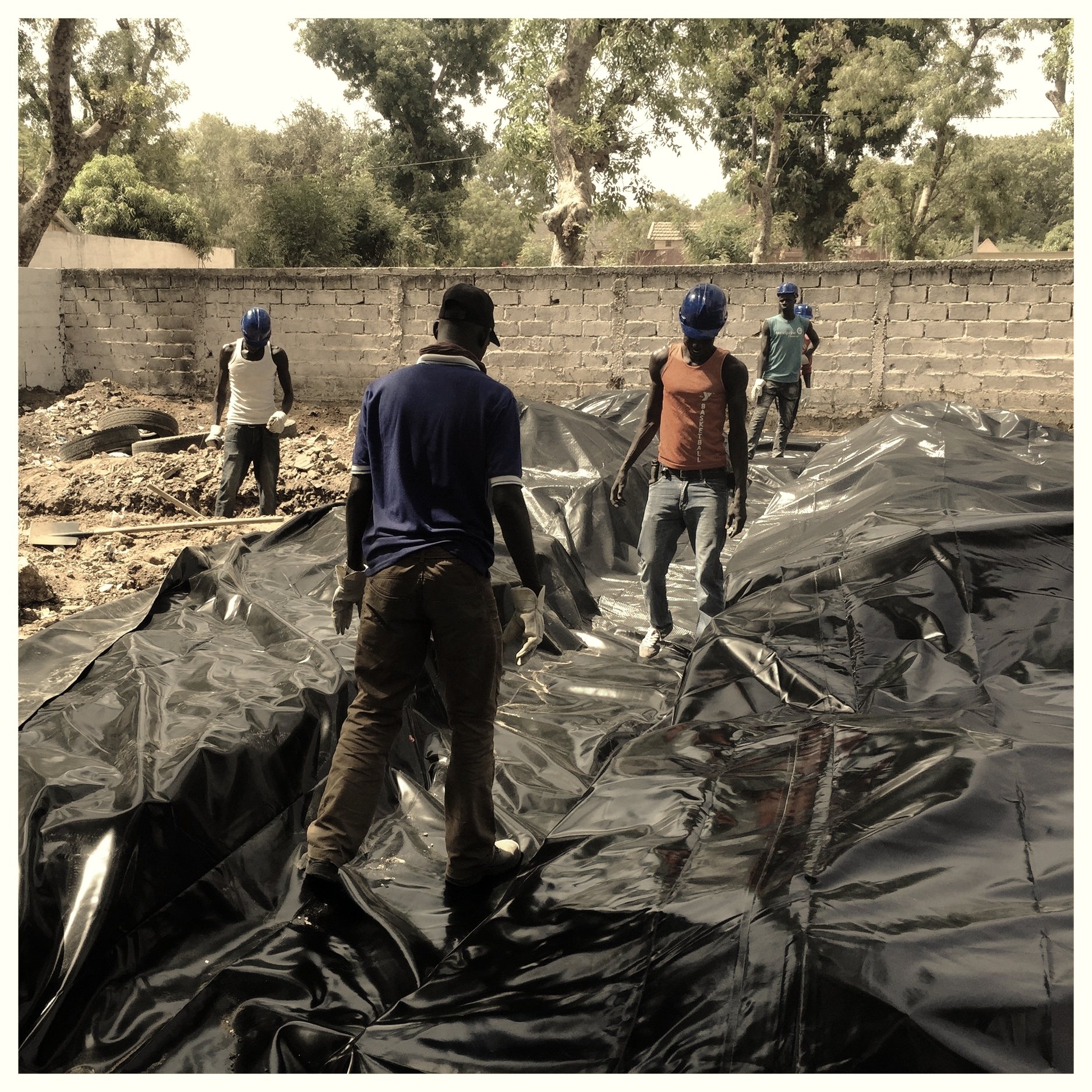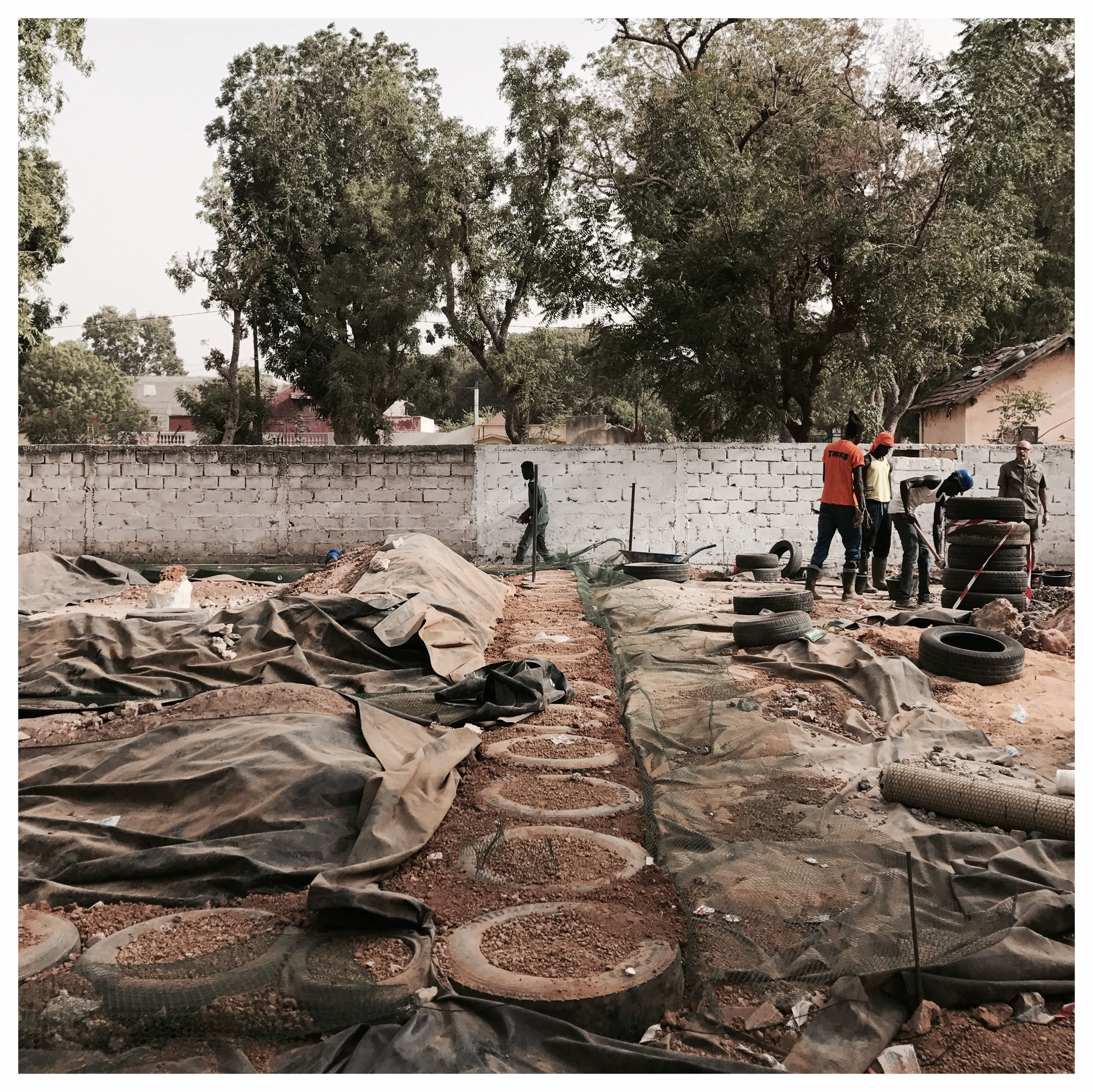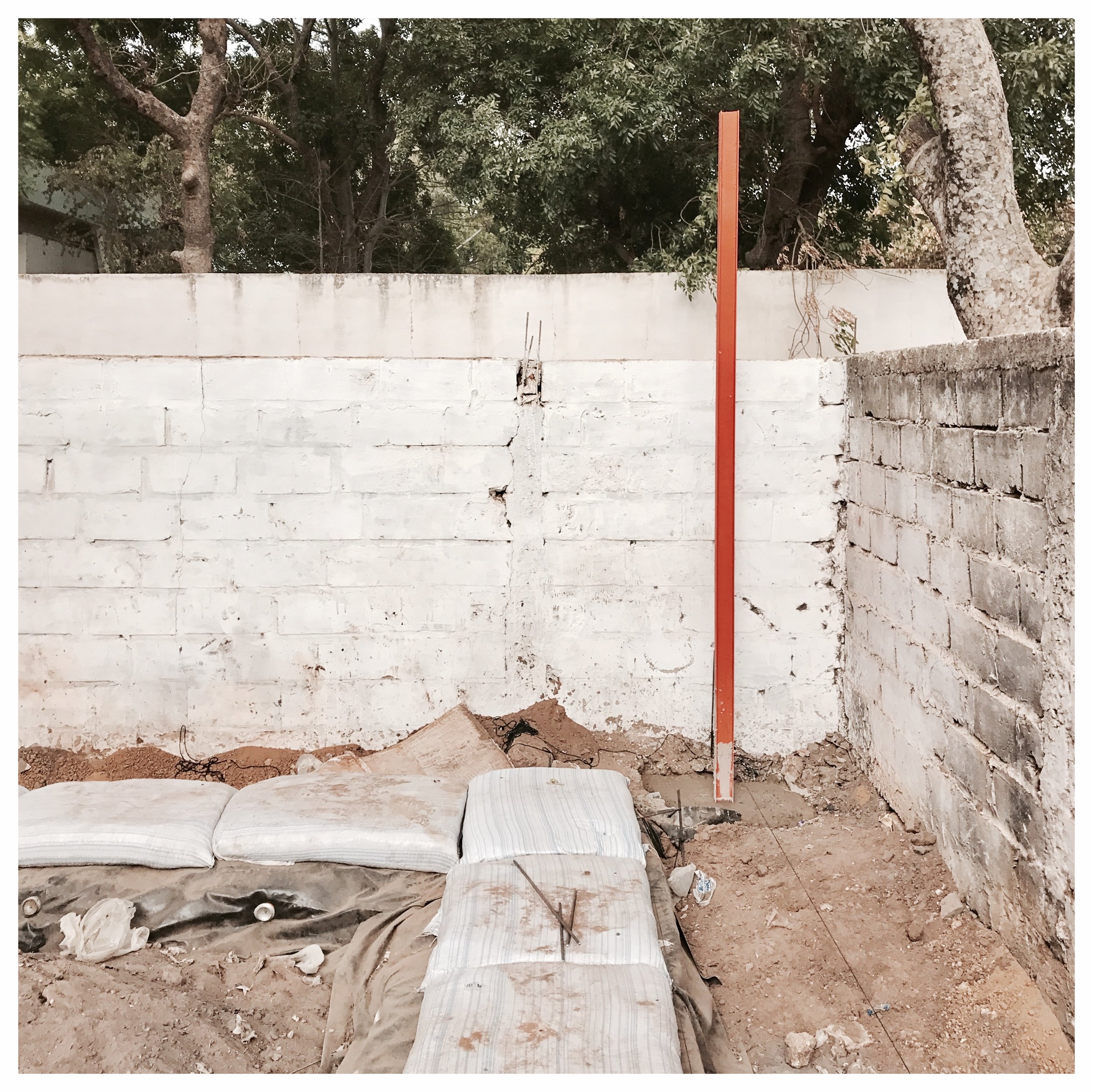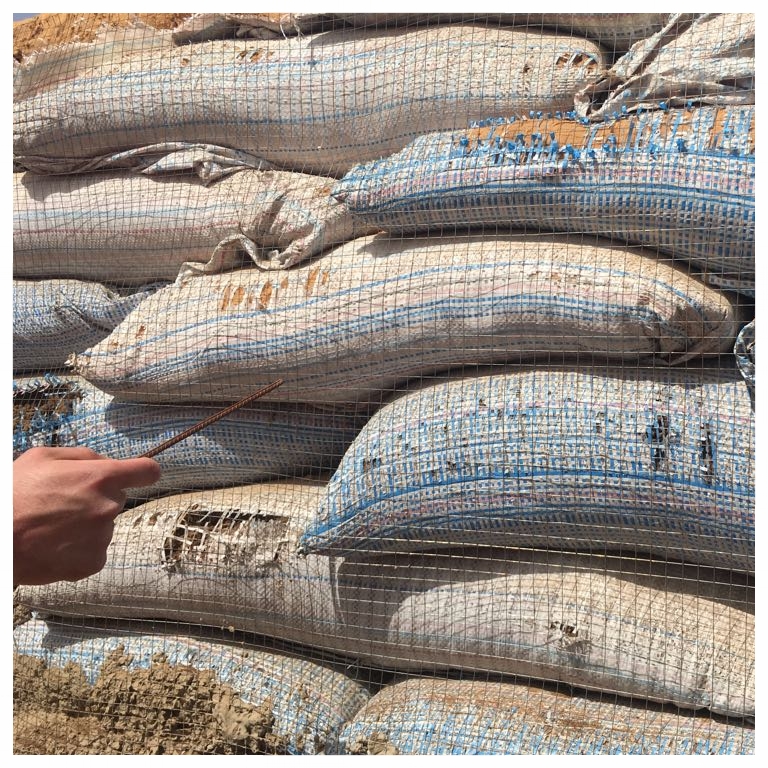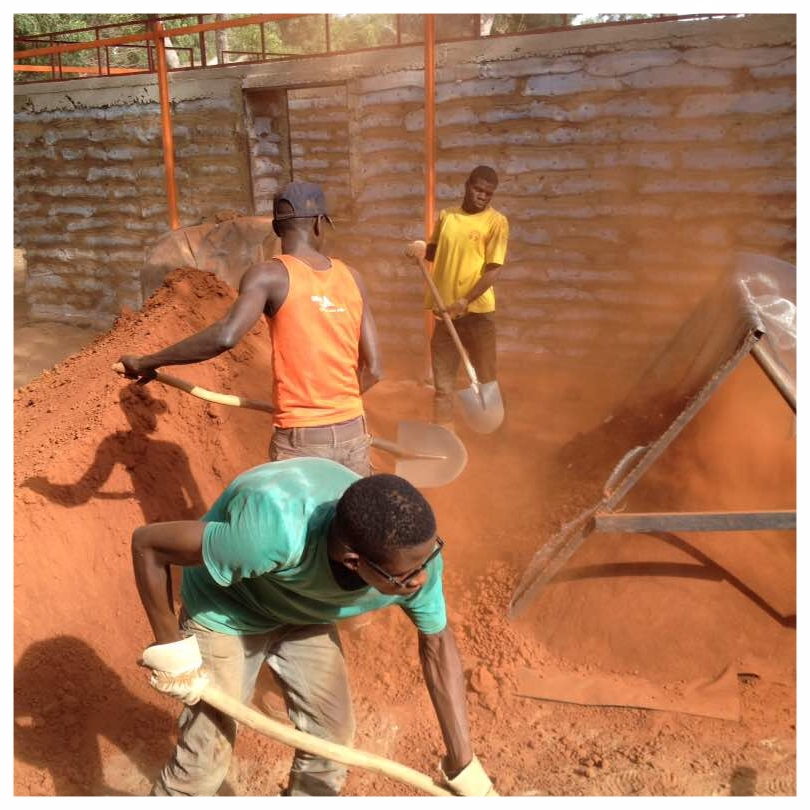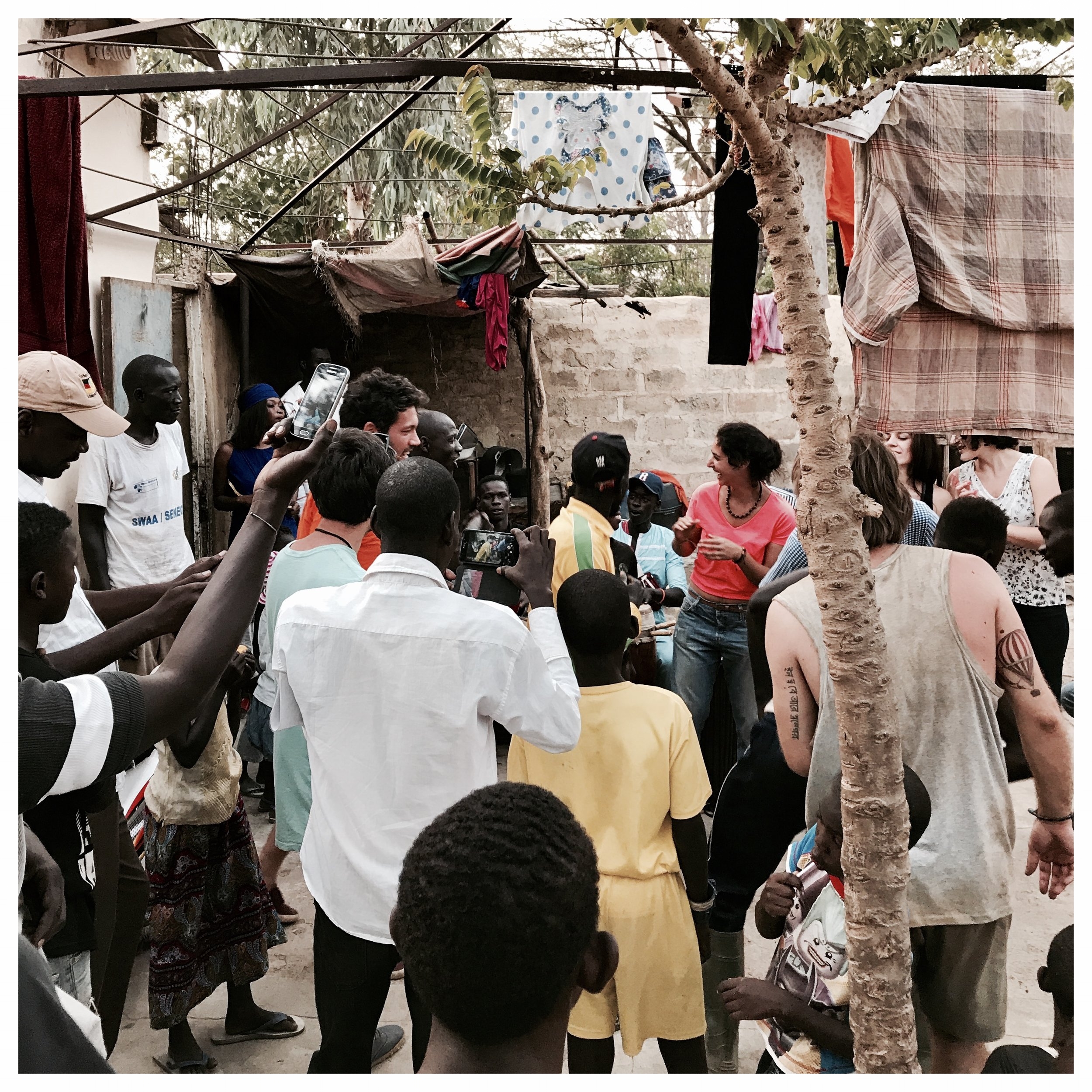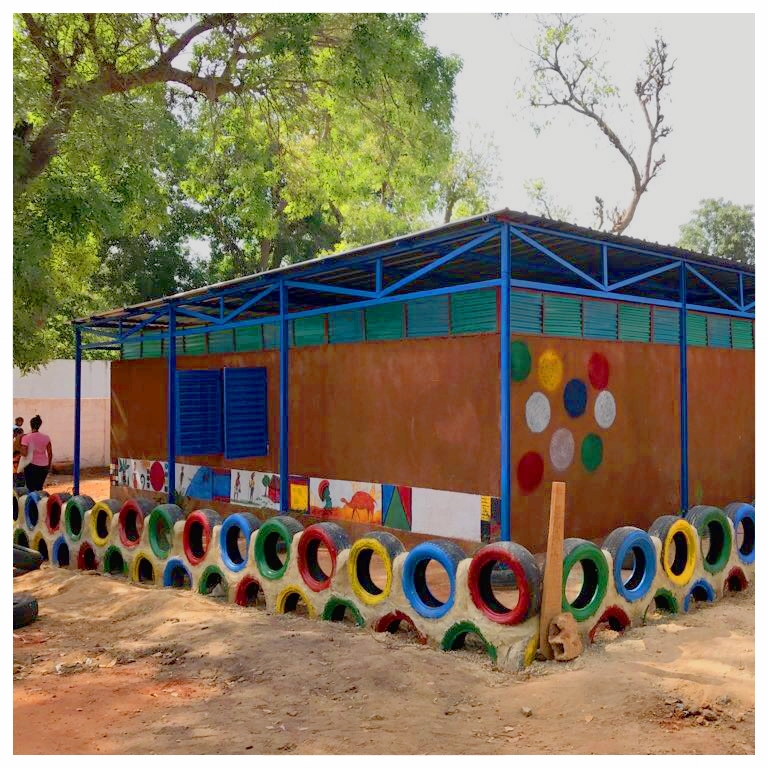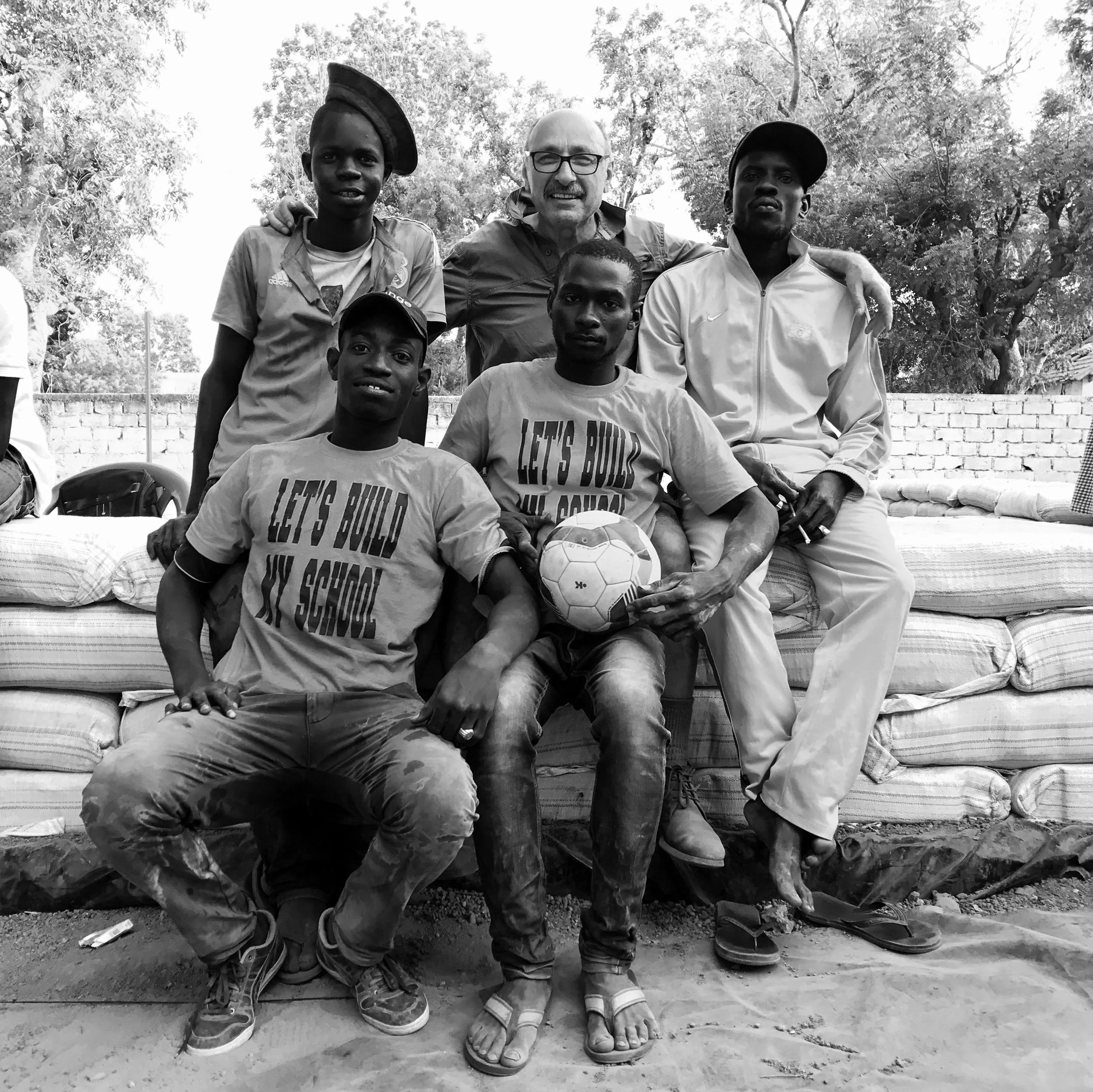Who we are
LBMS, a FR charity (#W922019139) founded in 2016, is dedicated to constructing schools in developing countries, with a primary focus on remote areas devoid of educational facilities. Our approach involves not only delivering structures made from locally sourced, sustainable, and recycled materials but also researching and applying construction techniques accessible to the community, ensuring they can replicate the process independently.
We prioritize empowering local communities for long-term sustainability. By utilizing construction methods that require no prior technical skills, we aim to leave a legacy of self-sufficiency. Our commitment extends beyond building structures; we strive for measurable and enduring outcomes. Ensuring our buildings serve their purpose, increase student enrollment, and create employment opportunities through new earth-building skills is at the core of our mission.
LBMS places high importance on adapting educational facilities to the local climate, fostering economic improvements, and alleviating poverty. By investing in people and communities, we believe in creating positive and lasting change in poor and underserved areas worldwide.
Our Mission and Vision
We focus on finding construction techniques that are affordable, user-friendly, and do not require specific construction skills. We use locally sourced and readily available materials.
Our long-term goal is to benefit local communities by empowering them with new skills and building methods that are practical and cost-effective, and that can be replicated independently whenever required.
Where we act
We commenced our activities in Senegal (where two of the charity’s founders are from) in regions where only 50% of school-age children have access to education and where classrooms are often crammed with up to 80 students per class due to the limited number of structures. Senegal is ranked 164th out of 189 countries in the most recent UN Human Development Index report. Despite being one of the most politically and economically stable countries on the African continent, the country has a low literacy rate of about 43% and low enrolment rates in primary and secondary schools; 38% of primary school cohorts dropout before reaching secondary education. As a result, many children in Senegal fall victim to child labor, begging or street selling; it is estimated that around 100,000 Senegalese children roam the streets, begging for money and food. According to SOS Children’s Village, an organization working in Senegal since 1976, although the situation is improving in the country, the challenge now is to enable girls to remain in school once they are enrolled (thousands are still being forced into domestic labor as soon as they are old enough to do work). The fallout of the education crisis on society includes economic distress, violence and crime, civic disengagement and struggling communities. In consequence of the issues stated, we decided to focus on the educational aspect and build schools in severely lacking areas to give a chance to every child for a better future and participate in the economical development of their country.
How we work
We replace fragile, temporary classrooms with permanent schools in areas lacking proper educational infrastructure. Constructed from locally sourced and recycled materials like tires and sandbags, our schools act as a research lab for innovative, low-cost construction techniques. Identifying and applying these methods is crucial, empowering communities with practical and cost-effective skills. Our clear instructional booklets support construction workers, students, and curious minds, fostering collaboration for long-term community benefits. We build ownership from the start, training individuals to become valuable resources for their villages.
In some villages, classrooms are crammed with up to 80 students per classroom due to the scarcity of schools. So we begin by investigating the site and learning about the educational needs and existing facilities in each area. Because each area and site require a specific plan of action, we have a standard four-step process in place:
We investigate the needs of the village.
We identify the available materials on site and explore possible techniques of construction suitable for the climatic conditions.
We share the construction process with the local community so they can build with us, and replicate as required.
We build the school and classrooms together and deliver a fresh environment to teach and learn.
How We Build
We use local materials to build the most suitable structures for the climate and environment we are in.
We design thick walls made of available material such as soil, sand and clay, which have beneficial thermal qualities and keep the classrooms fresh. We create window openings large enough to let the air in and out of the classrooms.
We build the roofs at an elevation from the walls, leaving a significant gap for natural ventilation and light.
These simple design techniques help overcome the overheating issue in existing schools: blockwork walls, small windows and zinc roofs create a very difficult environment for students and teachers, affecting their ability to perform and succeed.
Our goal is to spread a construction technique that is fast and easy to pick up, and which will create a great atmosphere to teach and learn. We team up with the local community and global specialists to conceptualize sustainable and ingenious methods.
This became the primary construction method of the foundation and walls for the school we built in Keur Racine
Reliable and replicable construction processes
Our Team
LBMS was founded with a vision to improve educational facilities in underprivileged areas. Very quickly, generous and hard-working professionals joined the team. They had the same dreams as ours: building schools in remote areas and giving more and more children access to education.
We are three founders who look after the daily functioning of the organization but people from all across the world come together to make it happen. Our team changes according to each project, and we are grateful for the many fresh minds who are willing to donate their time to explore innovative techniques and solve construction issues on site with us. We engage with local communities and expand our team to optimize the construction process and volunteers step in at different phases of construction. We are always on a lookout for people who believe in empowerment through education.
FOUNDERS
-
Adbul-Karim
Abdul-Karim was born and raised in Senegal and is a Paris based Auditor. Contributing to the development of education in the country of his cultural heritage is a personal goal he is keen to realise.
-
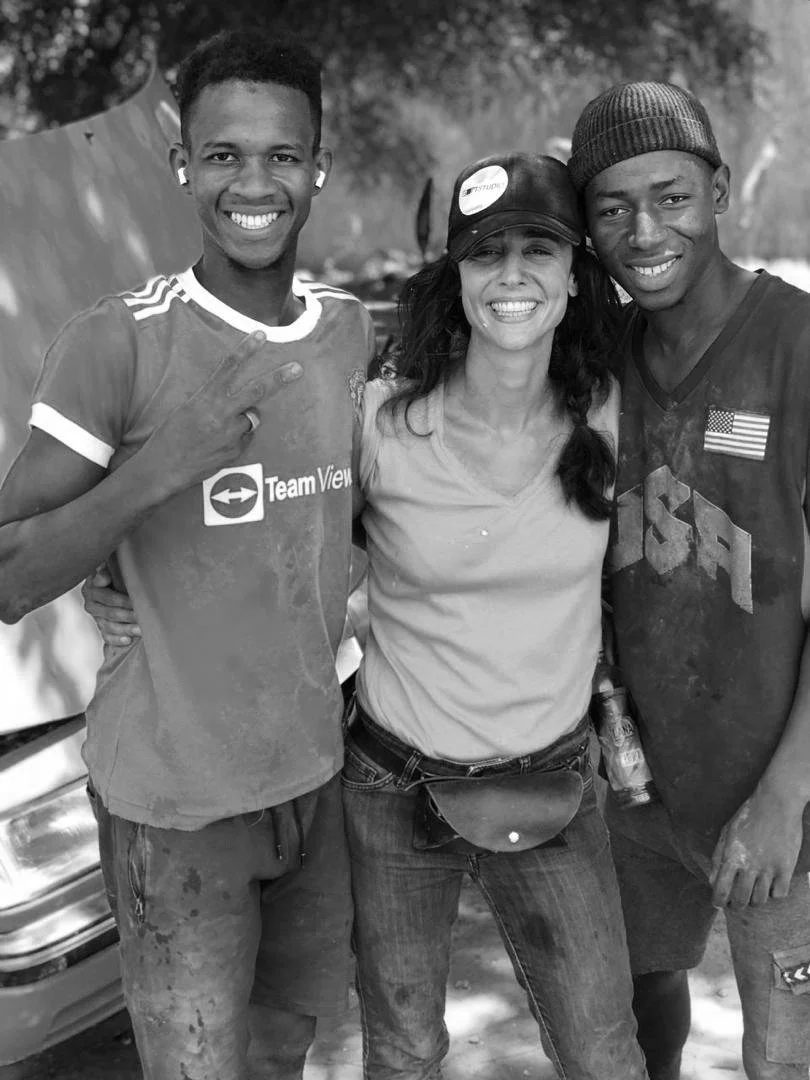
Leila
Leila is an architect specialized in Feng Shui and particularly interested in sustainable construction. As part of her architectural studies, she focused on vernacular architecture. She founded Let’s Build My School as a continuation of her thesis and the fulfilment of years of research.
